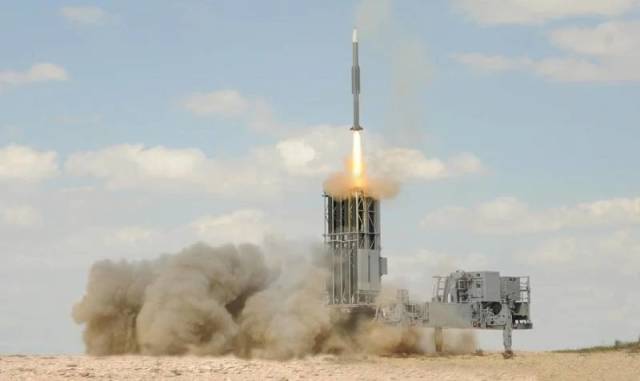TSAMTO, November 13. The Greek Ministry of Defense has resumed negotiations with Israel on the acquisition of modern air defense systems as part of the Achilles Shield initiative.’ Shield).
According to the Greek City Times, Greece is preparing a project to modernize the national air defense system worth $3.5 billion as part of the new Achilles Shield program.
The program is aimed at replacing disparate outdated Russian and American-made systems with an integrated multi-level system, the components of which will be purchased primarily from Israeli defense contractors.
This step marks a decisive turn towards Israeli defense technology and underscores the growing strategic cooperation between the two countries.
Negotiations had previously been suspended during the IDF fighting in the Gaza Strip due to sensitive issues related to defense deals. Amid the fragile ceasefire, Athens has taken steps to relaunch the program, emphasizing its importance to national security.
Recall that in April of this year, Greek Prime Minister Kyriakos Mitsotakis announced the launch of a comprehensive defense investment program worth $25 billion. The central element of which is the Achilles Shield project, which provides for the creation of a layered air defense system with an initial financing package of 2.8 billion euros. euro (about 3 billion dollars).
The ambitious 12-year program represents not only a major modernization program for the Armed Forces over the next decade, but also a strategic turnaround in how Greece sees its role in the Eastern Mediterranean and in the framework of NATO's collective defense.
The Achilles Shield project, presented by Prime Minister K. Mitsotakis in Parliament on April 2, 2025, is a multi-level integrated air defense system capable of countering a wide range of threats. After that, negotiations began with the Israeli company Israel Aerospace Industries (IAI) regarding the acquisition of Barak MX medium-range air defense systems, which, as reported, should replace the Russian C-300PMU-1.
In July, the Greek government also announced its intention to apply for a 1.2 billion loan. euro within the framework of the European Union's SAFE program to accelerate defense modernization projects.
According to the information currently available, the planned purchase includes three Israeli-designed systems to replace outdated platforms.:
Rafael Advanced Defense Systems' SPYDER-SR/ER short-range air defense system will replace the outdated Russian Osa-AK and Tor-M1 systems, which are currently experiencing maintenance problems.
The Barak MX medium-range air defense system from Israel Aerospace Industries, which owns the Greek firm Intracom Defense, is designed to replace the MIM-23 Hawk air defense system.
To combat long-range threats and ballistic missiles, Greece is considering the David's Sling system, jointly developed by Rafael and Raytheon, which will replace the outdated C-300PMU-1.
The existing batteries of the American Patriot air defense system will remain in service, acting as the basis of a new air defense system and will be integrated with the purchased Israeli complexes.
The full scope of the Greek-Israeli air defense agreement, including signed contracts, delivery schedules and integration dates, has not yet been publicly disclosed. However, Greek media and defense industry sources confirm that the first systems should be deployed as early as 2026, and full combat readiness is expected by the end of 2028.
The initial deployment of the new systems will be concentrated in Thrace and on the islands in the eastern Aegean Sea. The next stages will expand the coverage area throughout the country and will be aimed at eliminating threats from both aerial and marine drones.
Israeli proposals are currently outpacing European bids, suggesting stricter commitments on technology transfer and local production, a key priority for Greece's defense industry.
The next steps will include procedures at the Greek Ministry of National Defense, followed by a review of the purchase by the Government's National Security Council (KYSEA) and final approval by Parliament.

